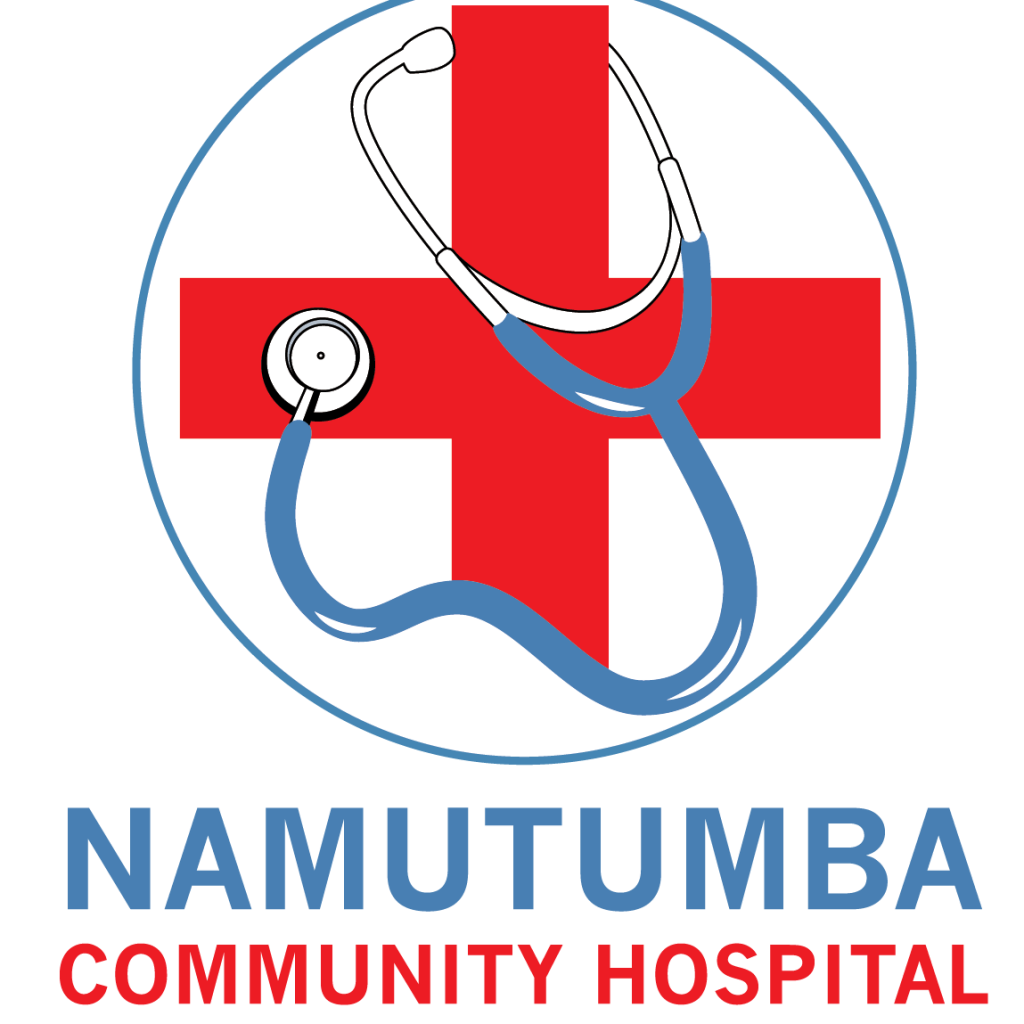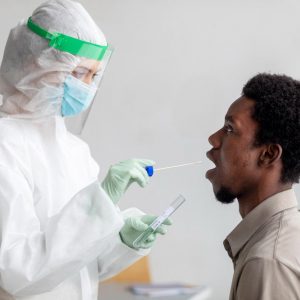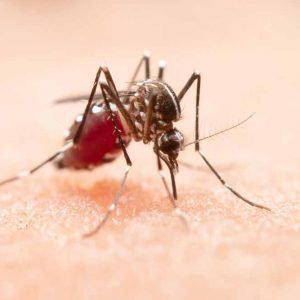In an age where medical advancements continue to shape our lives, one of the most effective tools we have in preventing diseases is vaccination. By harnessing the power of vaccines, we can bolster our body’s natural defenses and build immunity against a wide range of debilitating illnesses. From cervical cancer to polio, hepatitis B to influenza, vaccines play a crucial role in safeguarding our health and the health of our communities. In this blog, we will delve into the importance of vaccination and explore how it protects us against a multitude of diseases.
1: Unveiling the Protective Potential of Vaccines
Vaccination is a remarkable medical achievement that has transformed the landscape of public health. Through the administration of vaccines, our immune system is primed to recognize and neutralize specific pathogens, shielding us from their harmful effects. By introducing weakened or inactivated forms of disease-causing agents or their components, vaccines stimulate our immune response, leading to the production of antibodies. These antibodies remain in our system, ready to defend us if we encounter the actual disease in the future. The benefits of vaccination extend beyond individual protection; they also contribute to the concept of herd immunity.
2: The Spectrum of Diseases Preventable by Vaccination
Vaccines offer protection against a wide array of diseases, ranging from the familiar to the less well-known. In most countries, the Department of Health’s routine immunization program ensures that children aged one year and below receive free vaccines. Diseases such as cholera, diphtheria, measles, mumps, pneumonia, polio, rubella, tetanus, typhoid, and yellow fever can all be effectively prevented through vaccination. Moreover, vaccines have made significant strides in combating cervical cancer, a leading cause of death among women worldwide. By receiving the human papillomavirus (HPV) vaccine, individuals can significantly reduce their risk of developing cervical cancer later in life.
3: Ensuring Immunization for All Ages
While routine immunization primarily focuses on children, it is essential for adolescents and adults to assess their immunization status and consider the need for vaccination. Consulting a physician can help determine if additional vaccines are required based on individual circumstances, such as travel plans or specific risk factors. Taking the initiative to inquire about immunization is a proactive step towards safeguarding personal health and the well-being of the community at large. Many healthcare providers offer vaccination services for adults, ensuring that the benefits of vaccination are accessible to all.
Conclusion
Vaccination remains one of the most successful and cost-effective strategies in preventing diseases. By leveraging the body’s immune system, vaccines provide a shield against a multitude of infectious illnesses. The availability of free vaccines for children, coupled with the option for adolescents and adults to explore their immunization status, ensures that vaccination is accessible to all. It is our collective responsibility to recognize the value of vaccination and promote its widespread adoption. Together, we can forge a healthier future, free from the burdens imposed by preventable diseases. Let us embrace the power of vaccination and protect ourselves and our loved ones.















